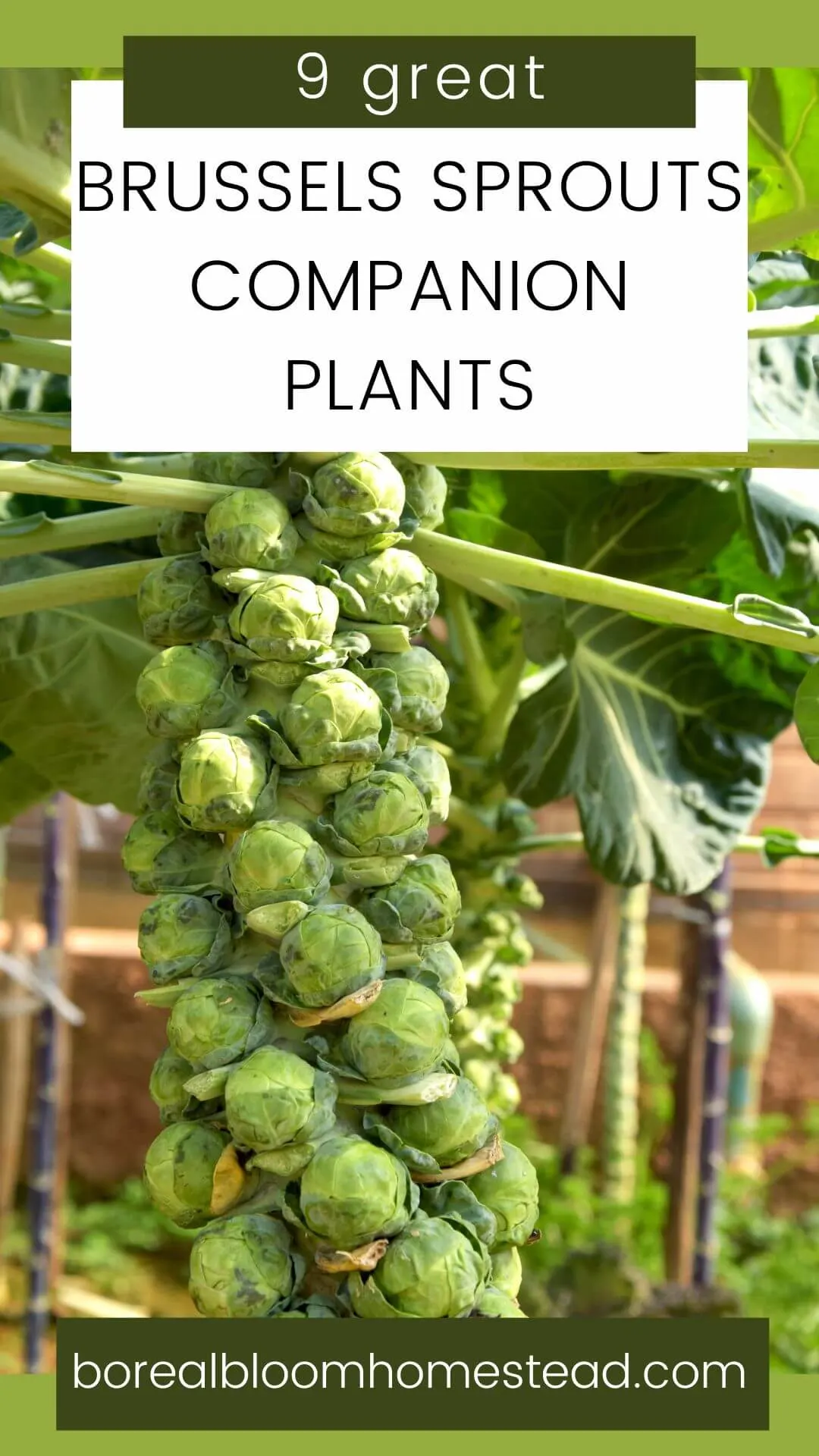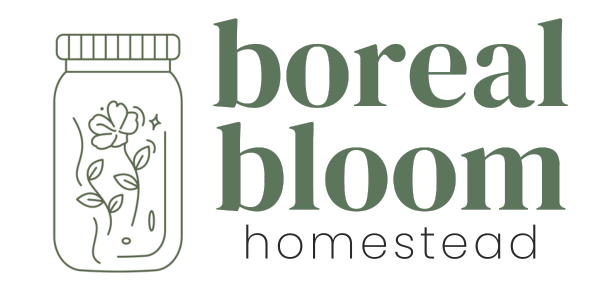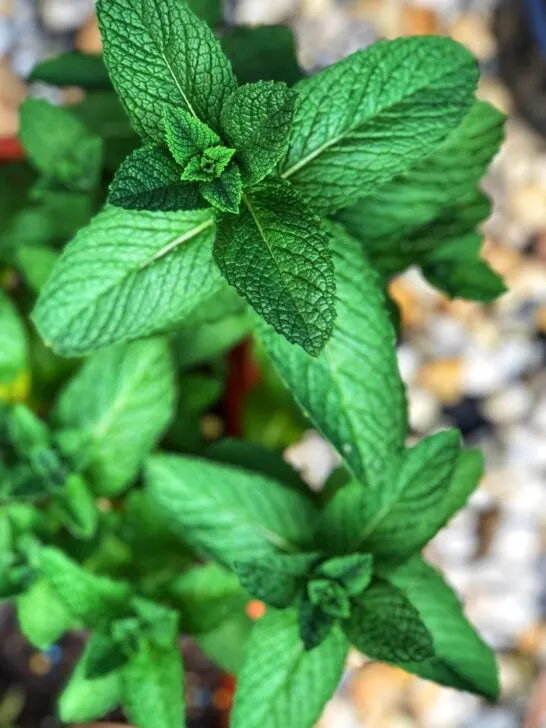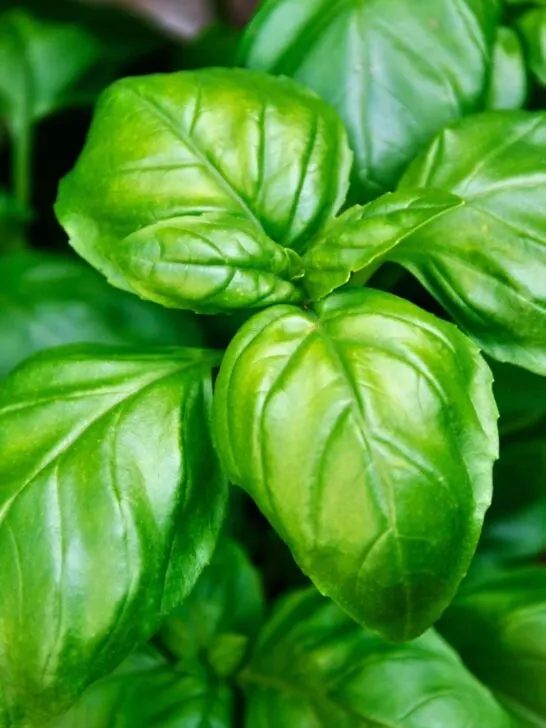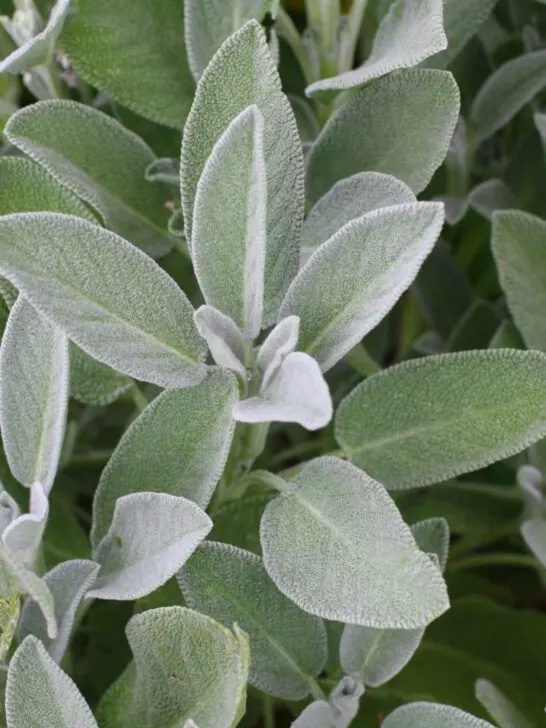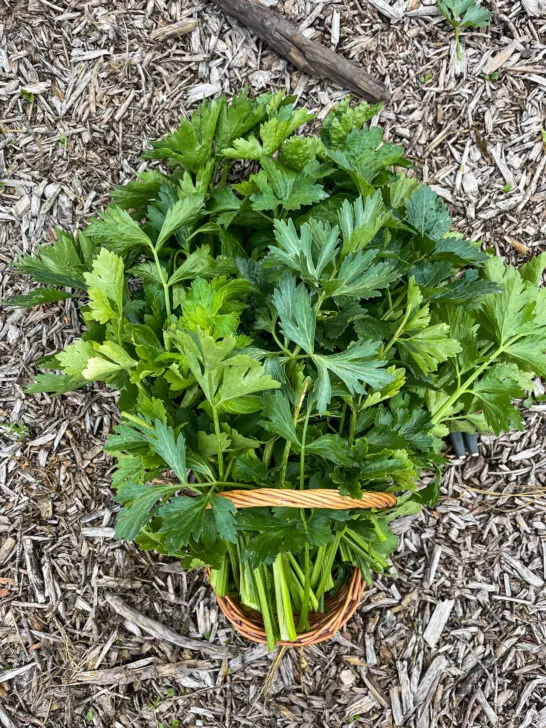Brussels sprout companion plants can help improve the yield, health, and pest resistance of your garden crop! Check out this list for your best harvest yet.
Brussels sprouts, scientifically known as Brassica oleracea gemmifera, are a member of the cruciferous vegetable family. This includes other popular vegetables such as cauliflower, broccoli, kale, and cabbage.
These plants have little sprouts that grow upwards in a helical pattern on a tall stalk. While these plants technically originated in the Mediterranean, farmers in Europe, through selective breeding, developed what we now know as the brussels sprout.
They may look like miniature cabbages with their layered heads of florets and frilly green leaves, but they have a distinct flavor. The flavor of brussels sprouts can be described as nutty and earthy and they have a unique texture when cooked. For maximum flavor potential, it's important to cook them properly so they don't become mushy or bitter. In fact, the flavor will differ depending upon one's cooking methods—sauteing will bring out a mellow sweetness while roasting or steaming will give it an earthy flavor.

As an Amazon Associate I earn from qualifying purchases.
Jump to:
What Is Companion Planting?
Companion planting is the practice of planting two or more plants together for the benefit of one or both plants. Good companion plants can help increase the growth of your brussels sprout plants while also reducing the likelihood of garden pests and diseases on the leaves, naturally, without any chemicals!
Food forests are basically large-scale companion plantings!
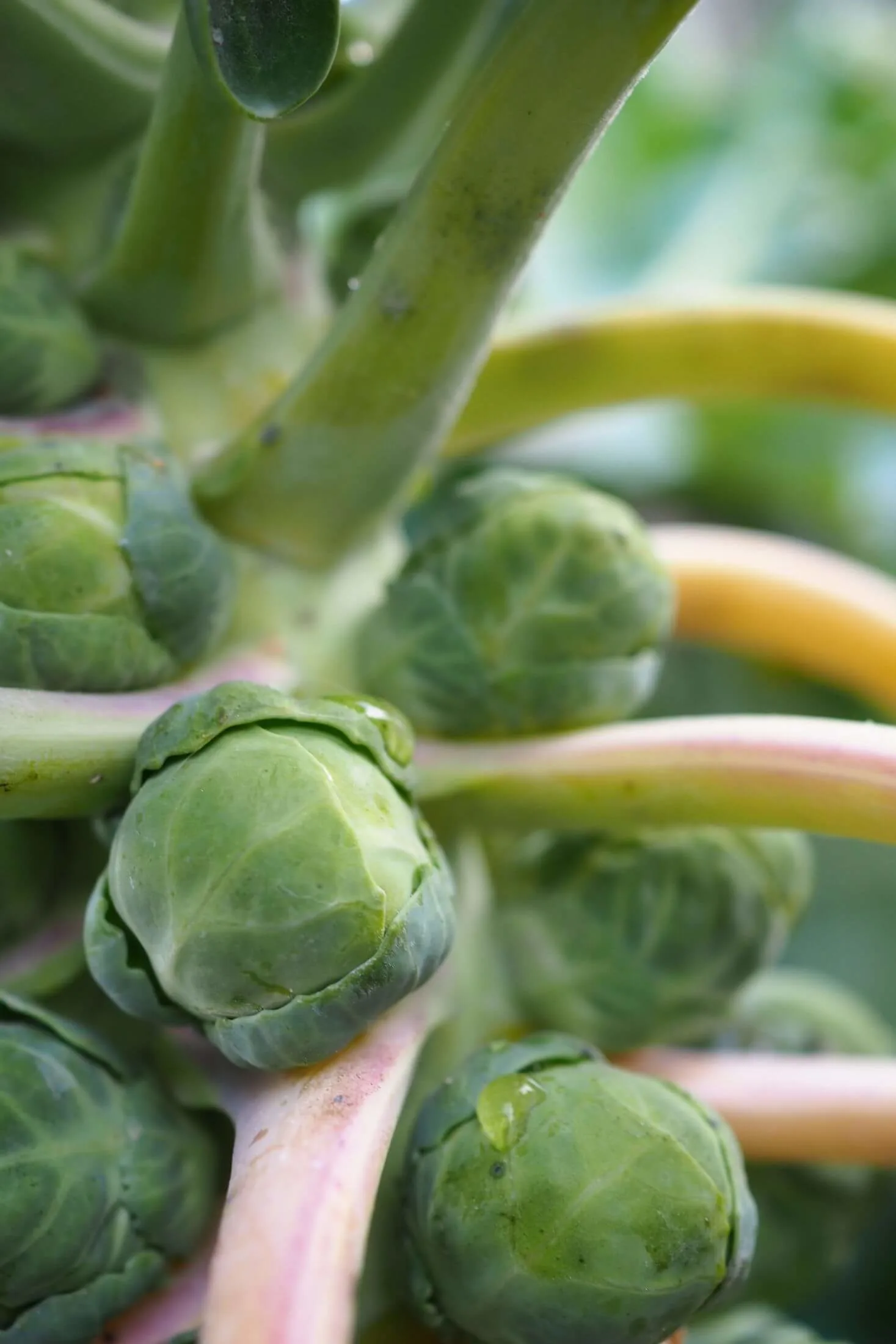
What Are The Benefits?
Companion planting helps to protect plants from pests, foragers, and diseases, without any store-bought chemicals! Some plants attract pollinators or beneficial insects to prey on destructive pests. It can improve crop yield, growth, and even flavor of one or both plants. Good companions can help provide optimal growing conditions, such as necessary shade or ground cover. They can also improve soil health through nitrogen fixation and nutrient cycling.
Considerations
- will the plants shade each other or compete for sunlight?
- will the plants attract or deter pests? Are they susceptible to the same pests?
- will they compete for the same space or nutrients?
- will the companion plants interact badly with each other?
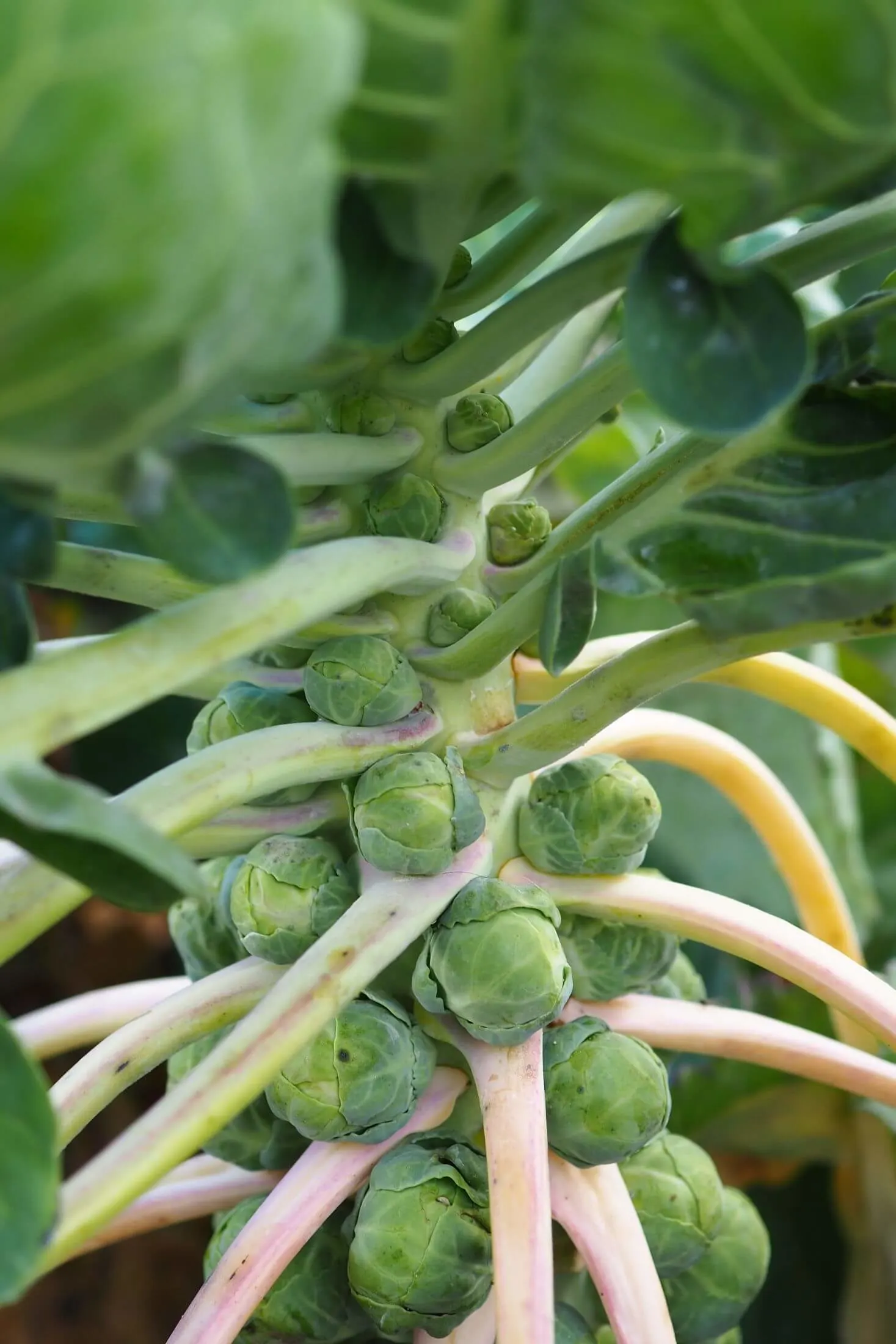
Best Brussels Sprouts Companion Plants
Alliums:
Strong-scented alliums like onions, garlic, shallots, and chives act like natural insect repellants to destructive pests like beetles and aphids as well as large foraging pests like rodents and deer. Alliums often excrete compounds into the soil that helps to deter soil-borne pests as well.
Generally, these plants have a compact growing habit that doesn't compete with your growing brussels sprouts for space or sunlight.
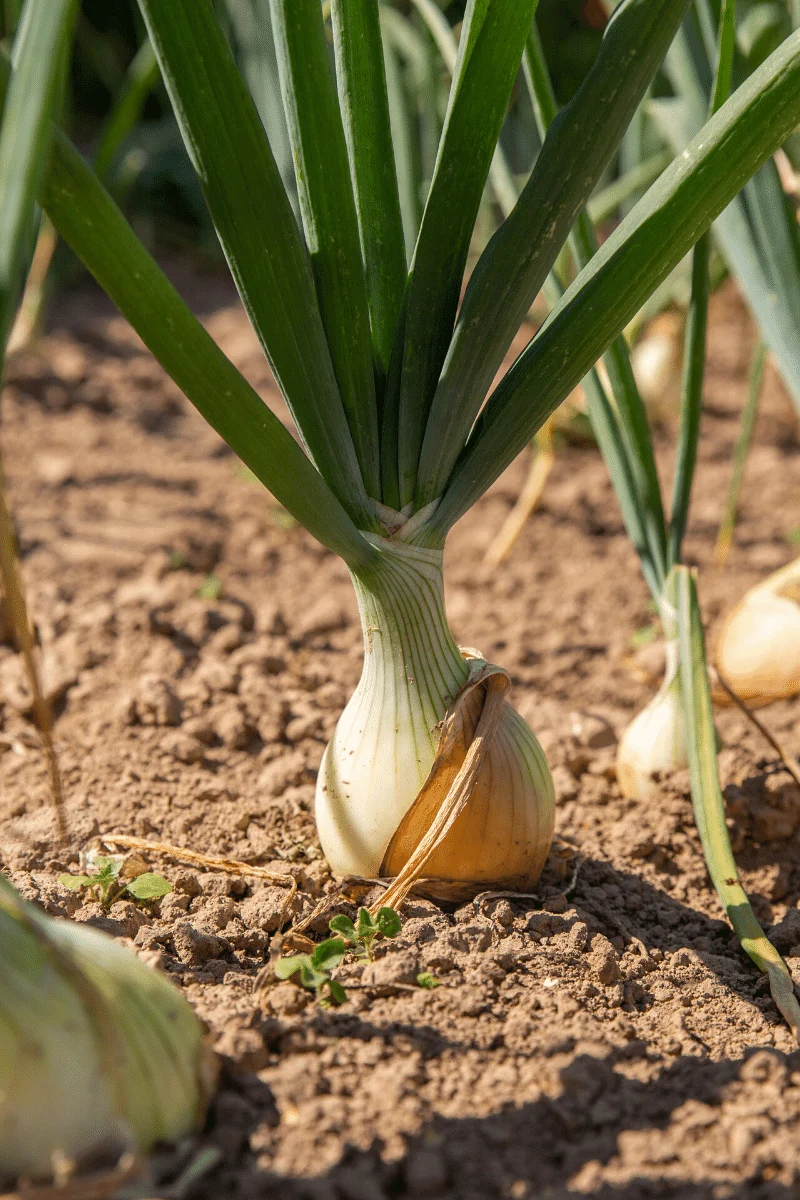
Beets:
Beets are said to be great companion plants for brussels sprouts because they add magnesium back to the soil to help support your growing sprouts. Beets are also a cool season crop, tolerant of the conditions favored by sprouts.
This cold-weather friend can also handle a little bit of shade from the taller sprout plants. Too much shade, though, and they'll produce smaller roots.
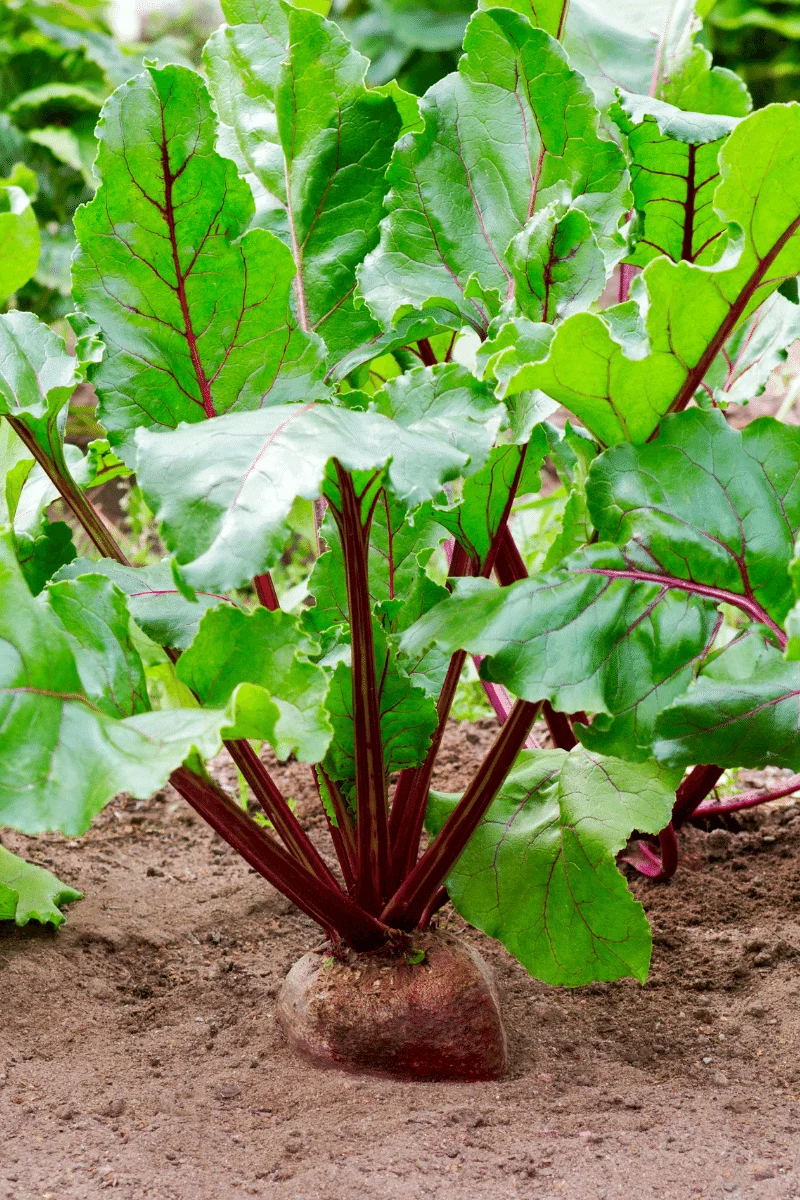
Herbs:
Aromatic herbs make some of the best companion plants. The aroma of Mint helps to deter flea beetles that can decimate the leaves on your cruciferous crops - just don't forget to keep it contained! Dill is like a rocket-powered beneficial insect attractant, bringing in parasitic wasps, ladybugs, and hoverflies to help deal with aphids, beetles, thrips, cabbage loopers, etc. Sage and rosemary help to repel cabbage worms, which mature into dreaded cabbage moths. If you know, you know! Basil can help by deterring thrips that want to suck nectar from the leaves of your sprout plants.
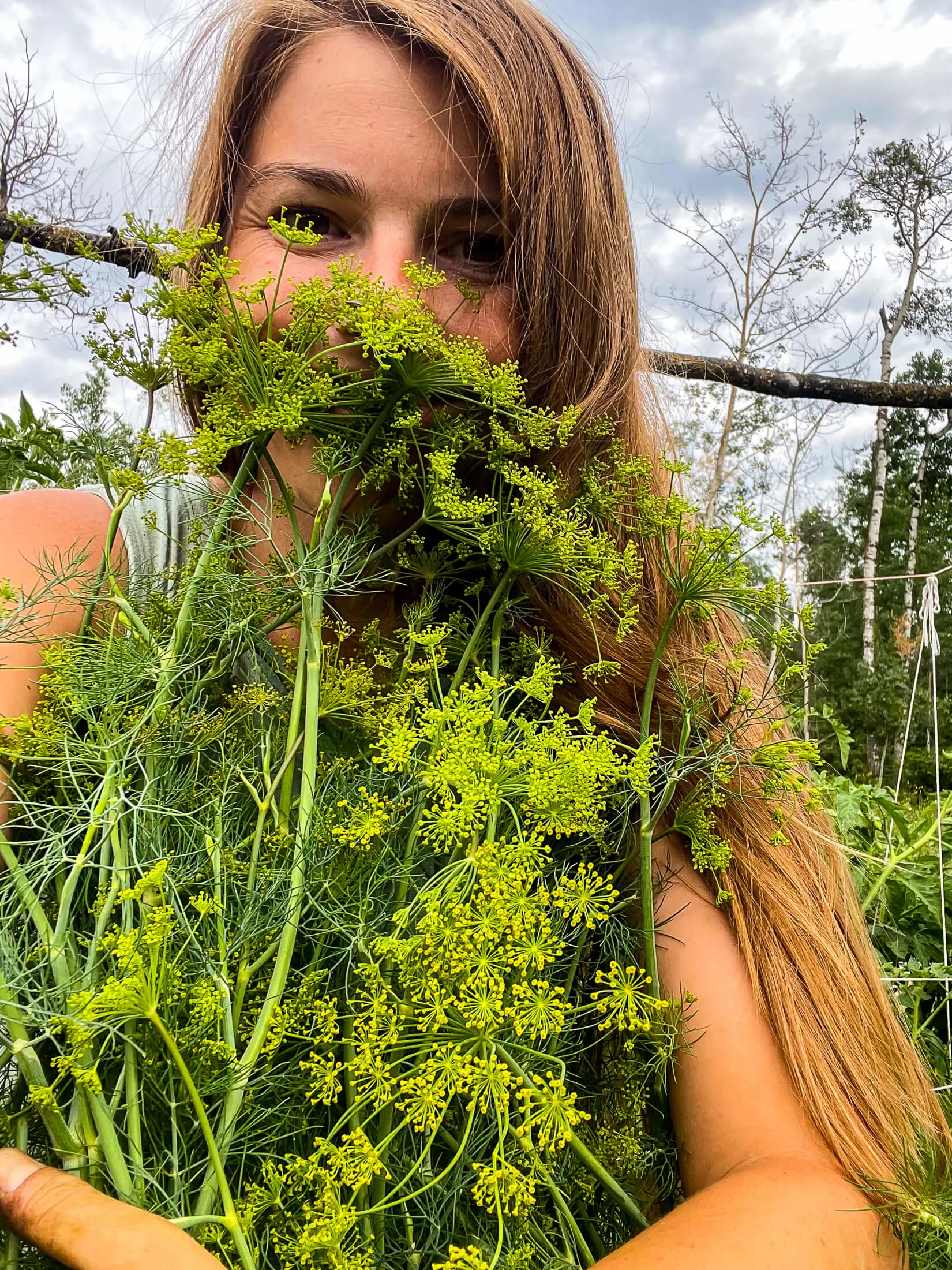
Marigolds:
The gold standard in companion planting, French marigolds specifically help by providing protection against root nematodes. The strong scent of their bright flowers can help repel insect pests like flea beetles, aphids, and spider mites away from sprout stalks.
Marigolds are available in many colors and can help add a pop of color to an otherwise very green vegetable garden all the while bringing in beneficial insects!
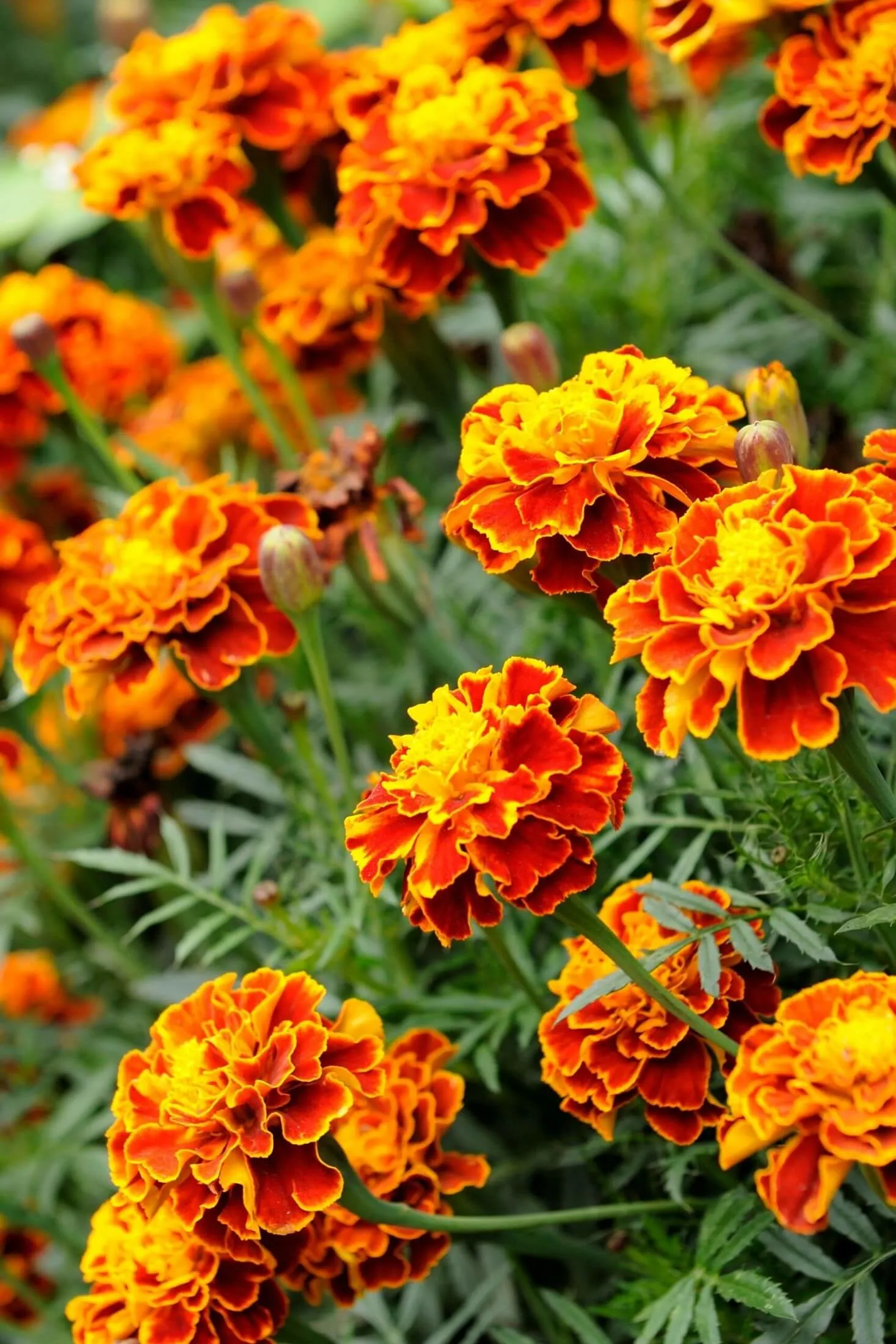
Nasturtiums:
A real homestead favorite in these parts! Nasturtiums are easy-to-grow flowers that help to repel all the nasty brassica pests, like cabbage worms, cabbage loopers, and flea beetles. Nasturtiums also act as an excellent trap crop, attracting aphids away from your sprout patch.
The dense, low-growth habit of nasturtiums creates a wonderful living mulch, insulating the soil to prevent moisture loss and keep soil temperatures down.
The leaves and flowers of the nasturtium plant are completely edible, with a delightful peppery flavor. They also come in a variety of colors to help add beauty to your garden.
Nasturtiums have a long flowering season and we never fail to marvel at the number of bees and pollinators visiting the many nasturtium plants we seed in the food forest each year.
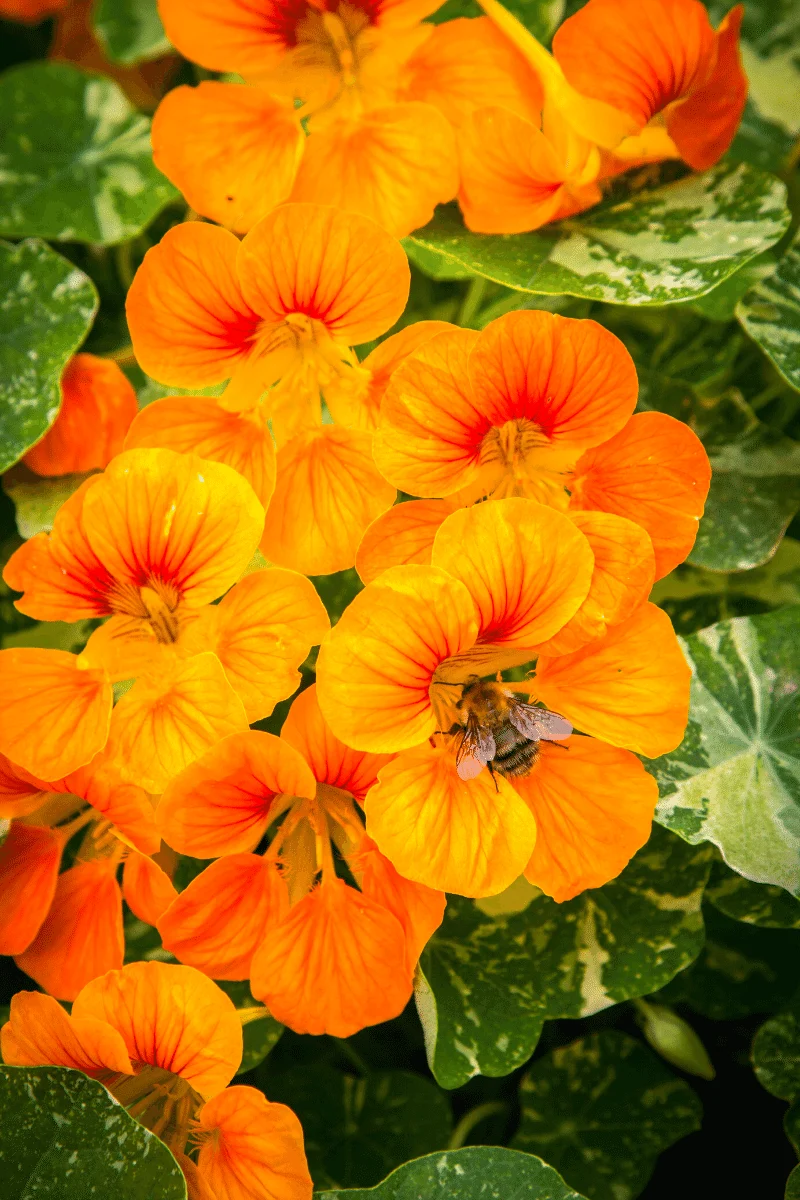
Brussel Sprouts Companion Plants To Avoid
Brassicas:
Although most cabbage, cauliflower, and other brassicas have similar growing and water requirements as your brussels sprouts, they are susceptible to the same stinking pests making them bad companions. Planting too many cole crops together makes it an all-you-can-eat buffet for cabbage worms, flea beetles, loopers, and more.
You'll also be creating tons of competition for space, water, and nutrients as brassicas are heavy feeders. You're best to plant these with a little distance between them.
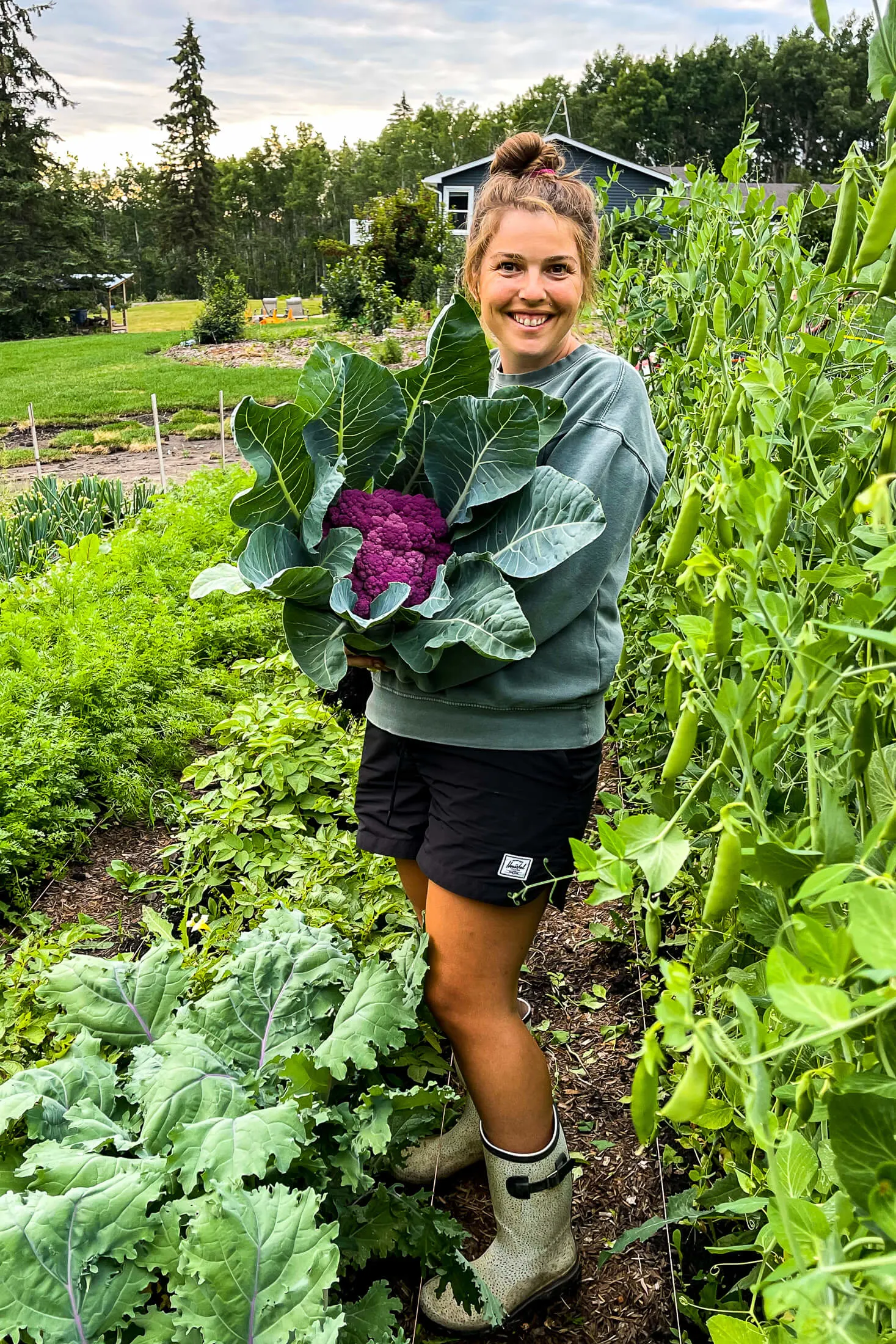
Strawberries:
It's good practice to avoid planting brussels sprouts in your strawberry beds. It is believed that strawberries can inhibit the growth of plants in the brassica family. Strawberries are low-lying ground cover plants that have the tendency to harbor slugs and other pests you'd prefer to keep away from your sprouts.
Another point to consider is that brussels sprouts are heavy-feeding annuals while your strawberries are perennials. The sprouts will deplete soil nutrients and water at a much faster rate than strawberries, which leads to poor yields for both crops, and damaged roots for your berry plants!
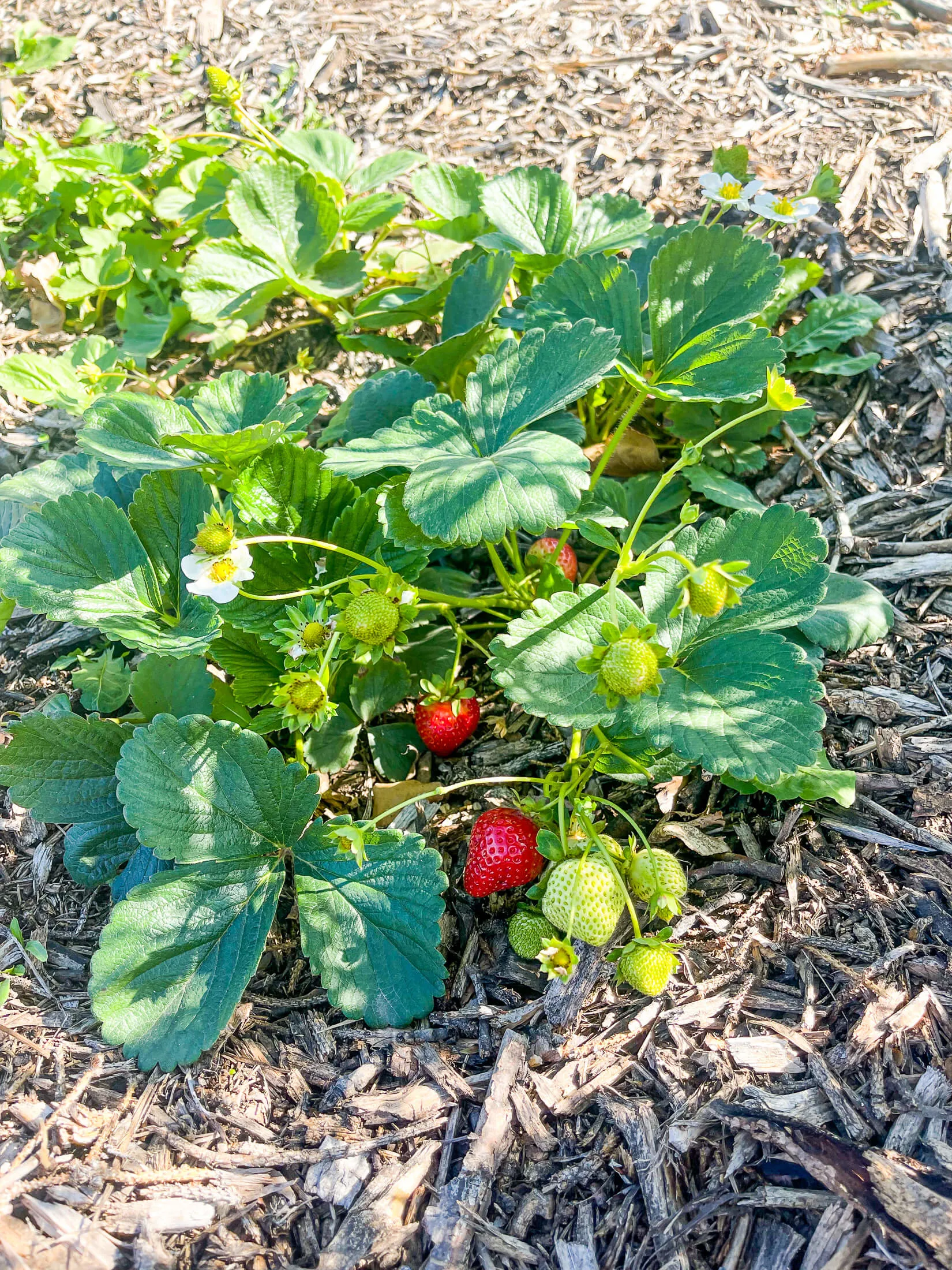
Tomatoes + Peppers:
Pairing two heavy nutrient and water feeders together is almost always a recipe for disaster. Combining tomato plants, pepper plants, or other members of the nightshade family with your brussels sprouts will likely reduce the yield and vigor for both plants and can deplete fertile soil.
Space these plants out for the best results.
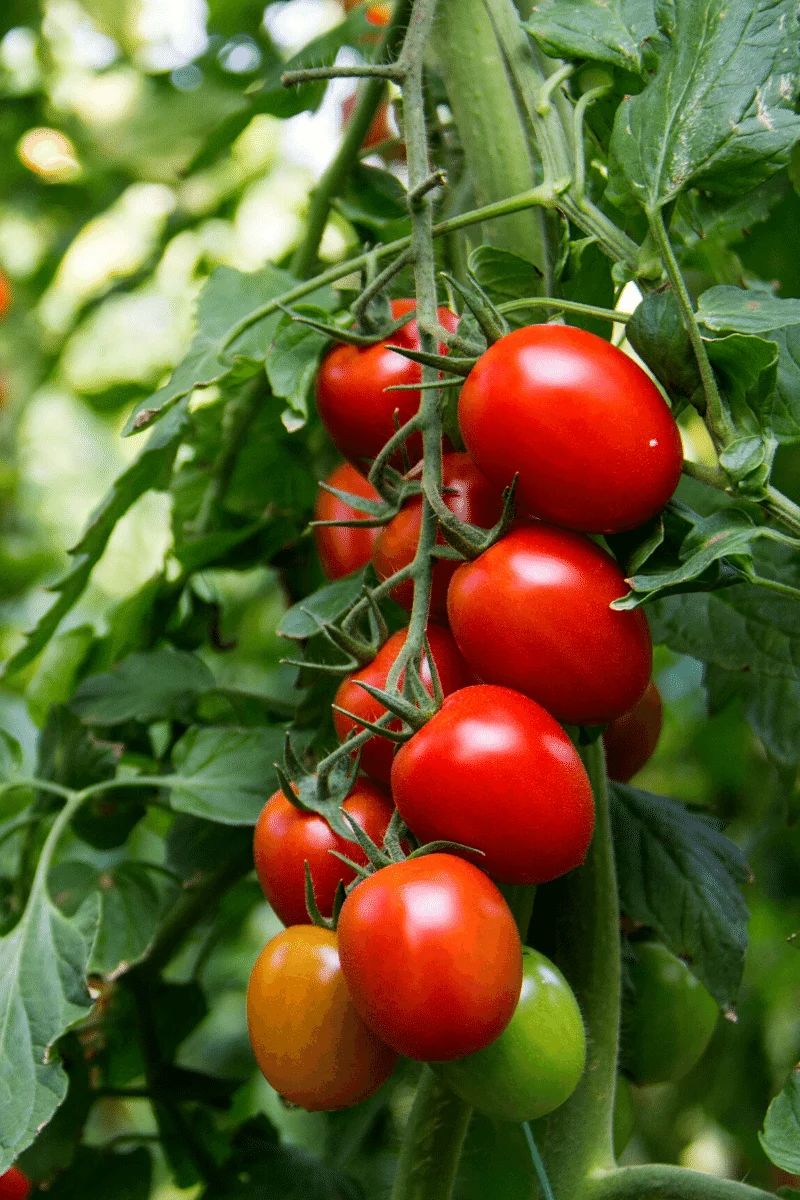
More Great Companion Planting Guides:
Thoughts From The Garden
Planting thoughtful companion plants with your brussels sprouts can be a great way to ward off harmful pests, improve soil health, and bring in beneficial insects that can help pollinate and protect your crops. However, it is important to take into account the needs of each plant when choosing companions for your garden. To get the most out of your companion planting, make sure to plant the right things in the right places. Helpful companions for your brussels sprouts include aromatic plants while heavy feeders like tomatoes or other brassica crops make the worst companion plants. These gardening tips will help you create a well-balanced garden that is packed with beneficial insects and yields maximum results.
Pin This Guide To Companion Planting Brussels Sprouts!
